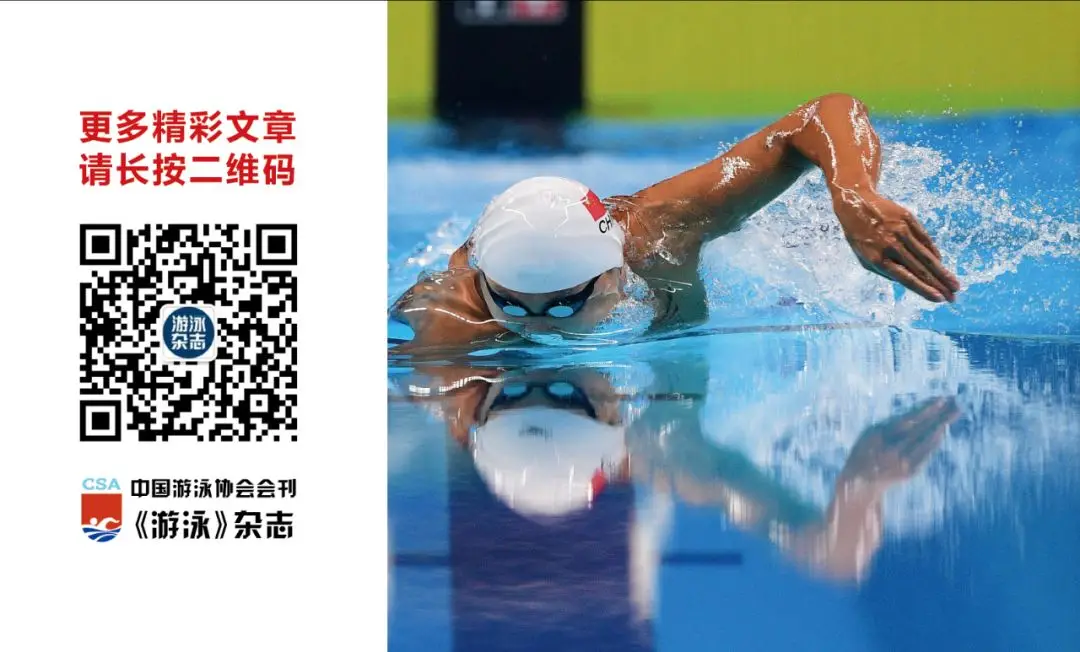How Swimmers Set Their Goals (Part 2)
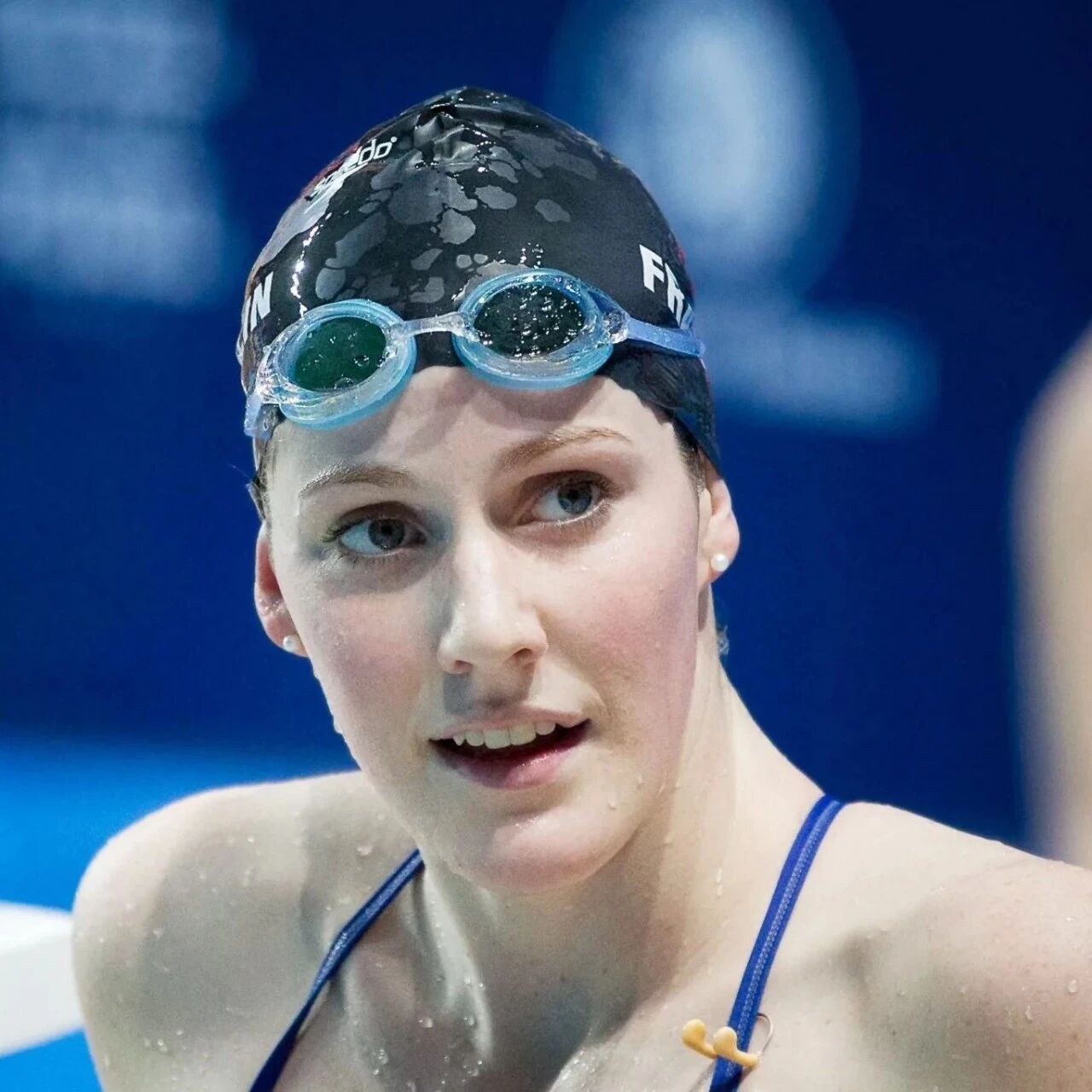


Most people, when thinking about goals, focus on their "goal intention"—that is, "What do I want to do?" or "Who do I want to become?" However, this goal intention has one major drawback: while setting goals is easy, actually executing them proves far more challenging.
In 1999, American psychologist Peter Gollwitzer introduced the concept of implementation intentions, which employs an "if-then" thinking pattern. Implementation intentions serve as a tool that links existing behaviors to desired goal-oriented responses, offering a unique way to systematically shape the actions we aim to cultivate—and ultimately paving the path toward achieving our objectives. Unlike top-down control, where behavior is regulated by the brain, implementation intentions operate in a more direct, bottom-up manner, exerting immediate behavioral control through pre-established constraints. It’s almost as if we’re adding small code snippets into our brain, designed to activate automatically when specific, predefined conditions are met.
Gorvize observed through experimentation that when it’s difficult for us to stick to our goals, having a pre-planned strategy beforehand significantly increases our ability to resist temptation and ultimately achieve those goals. In other words, if situation X arises, we’re more likely to execute goal-oriented response Y. After all, when temptation strikes, it’s crucial to stay focused and keep moving forward—rather than letting it throw us off balance. Yet, unfortunately, we can’t always completely avoid temptation, no matter how carefully we’ve planned. Especially in today’s hyper-distracting world, distractions seem to lurk everywhere.
There are always those days when we feel it’s harder to stay afloat in the water than usual. To reignite your motivation, using a schedule based on implementation intentions can be a great solution. Recently, the media revealed Katie Ledecky’s daily training timetable: wake up at 4:05 a.m.; swim practice from 5:00 to 6:30 a.m.; attend classes from 8:00 to 10:00 a.m.; head to the gym for workouts between 11:00 a.m. and 12:00 p.m.; and return to the pool for a second round of swimming practice from 3:00 to 6:00 p.m.
Ledecky sets herself the ambitious goal of swimming 10,000 meters every day. When she’s not in class, she spends up to six hours in the pool—focusing on even the tiniest improvements, like shaving off just 0.01 second from her time. While others are still asleep, she’s already hitting the water to train. And when everyone else is out having fun or shopping, she’s still pushing herself relentlessly. To ramp up the intensity of her training, she schedules weekly matchups against top male athletes, ensuring her workouts are tougher—and often more grueling—than those of any female competitor. Before each race, Ledecky meticulously writes down her target time. As soon as the event ends, she compares her actual performance to the planned time, carefully analyzing the gap and crafting a detailed strategy for how much faster she needs to swim in her next race.
Not only in the pool, but Ledecky is also a powerhouse when it comes to academics. Despite having an incredibly packed schedule between training and studies, she’s never let swimming interfere with her education—so much so that she even received her acceptance letter and scholarship from Stanford University ahead of time. She says, "I don’t want to give up on life outside the pool. Just like swimming competitions, learning brings me immense joy." Ledecky’s mom recalls that when her daughter first started learning to swim as a child, she developed swimmer’s ear—but that didn’t stop her from pursuing her passion for the sport.
Goals fall into two categories: outcome-based goals and process-oriented goals. When we’re aiming to accomplish a one-time task—like getting from point A to point B—we can set an outcome-based goal. However, the downside is that focusing too much on the result might lead to disappointment if things don’t go smoothly or if we lose motivation along the way. On the other hand, if we’re looking to create lasting, meaningful change, we need to establish process-oriented goals. These are objectives that require consistent action over time, designed to foster enduring transformation rather than just short-term success.
Transitioning from outcome-based goals to process-oriented ones requires embracing gradual changes to avoid overwhelming setbacks from attempting too much at once. Sudden, drastic transformations are rarely achievable—instead, start with small, manageable steps that are easy to integrate into your routine. Cultivate positive daily habits, and leverage the power of habit stacking to build momentum over time. No matter what your goal may be, lasting change demands unwavering persistence. Remember, early stages often feel slow or even stagnant; meaningful, long-term results rarely emerge overnight. So, even when progress isn’t immediately visible, remind yourself mentally to stay committed and keep moving forward.
There’s no simple set of instructions that can instantly transform us from a state of laziness into one of sustained productivity in just a few steps. There are simply too many factors beyond our control—motivation levels being just one of them. To stay grounded, it’s essential to embrace both the good days and the tough ones. And when rest is needed, make sure to take it—because that, too, is a crucial component that helps you keep going in the long run.
Unlike outcome-based goals, process-oriented goals are entirely within our control. For example, aiming to score 9.5 out of 10 points in daily practice; performing five dolphin kicks; or arriving at the pool 10 minutes early. While the results of these process goals may not be immediately visible, their true strength lies in motivating us to take consistent, everyday actions—actions that ultimately help us reliably achieve the outcomes we desire in competition. This counterintuitive approach works so effectively because it frees us from the pressures tied to moment-to-moment feelings or outcomes beyond our full control. We can even apply process-goal thinking during competitions, focusing on the specific, actionable elements that lead to successful swimming performances.
Olympic champion Nathan Adrian has used this building-block approach throughout his career to set goals—focusing not on specific outcomes, but on mastering every essential element of elite swimming. He boasts an impressive tally of 7 Olympic medals (5 gold, 1 silver, 1 bronze) and 8 World Championship medals (5 gold, 1 silver, 2 bronze), once becoming America's rising star in the pool, second only to Michael Phelps.
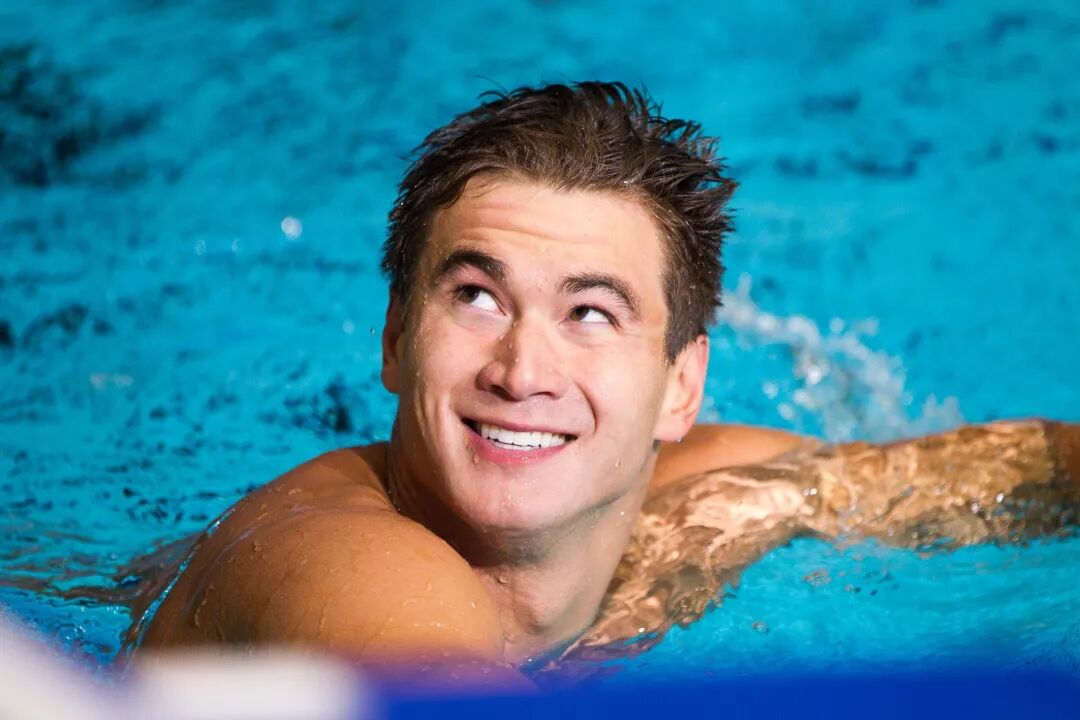
Focusing on past achievements is crucial for building confidence during competition. While the methods of recording and celebrating victories may vary, the only thing that truly matters is seizing those moments and anchoring them firmly in our minds—allowing the true blossoms of confidence to unfold.
American swimmer Missy Franklin, nicknamed the "Female Dolphin," made history at the 2012 London Olympics, where she claimed four gold medals and one bronze. She also broke two world records—winning the women’s 200-meter backstroke and anchoring the victorious women’s 4×100-meter relay team—despite being just an amateur athlete preparing to enter her senior year of high school. Franklin carries a specially designed "confidence jar," into which she writes down each milestone she achieves in the pool, tucking the note inside after every accomplishment. At the end of the season, she always opens the jar to reflect on all her remarkable achievements, celebrating how far she’s come.
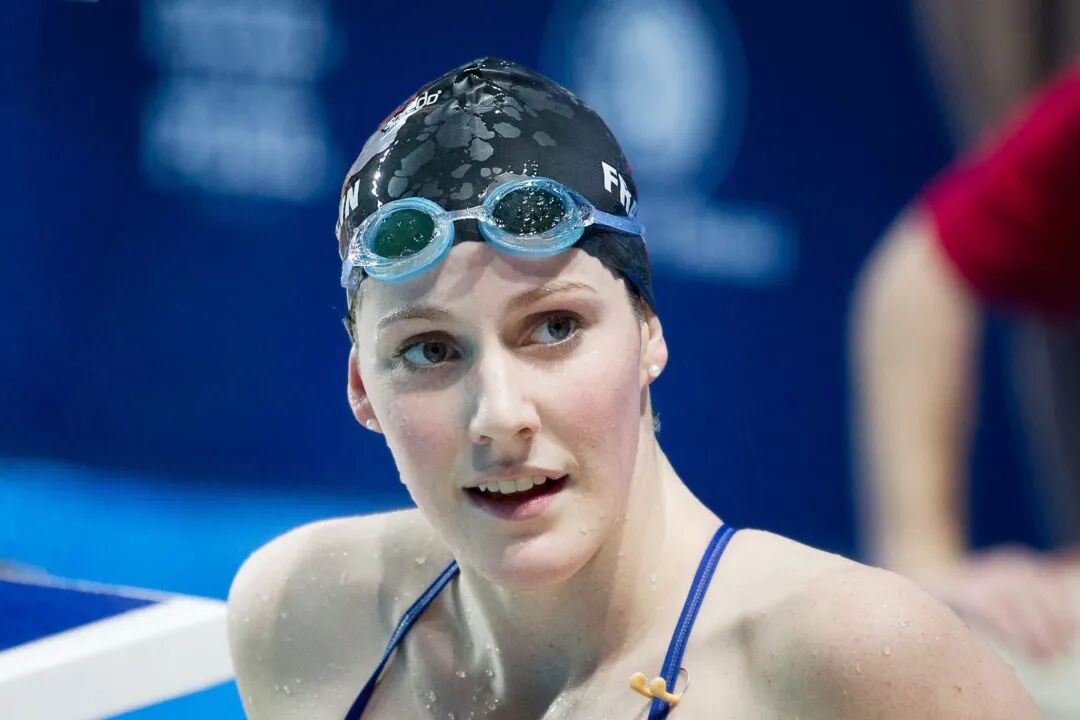
Franklin only opened her "confidence jar" the night before the most important match, flipping through the list of goals she’d already achieved—many of which she’d actually forgotten. Yet revisiting these accomplishments always reignited her confidence, reminding her of how far she’d come.
In short, regularly reflecting on past achievements—whether through a "confidence jar," journaling, or even using your smartphone—is essential for building confidence throughout the season. At the same time, it also enhances your daily training, helping to make your career more fulfilling and meaningful.

Related Articles
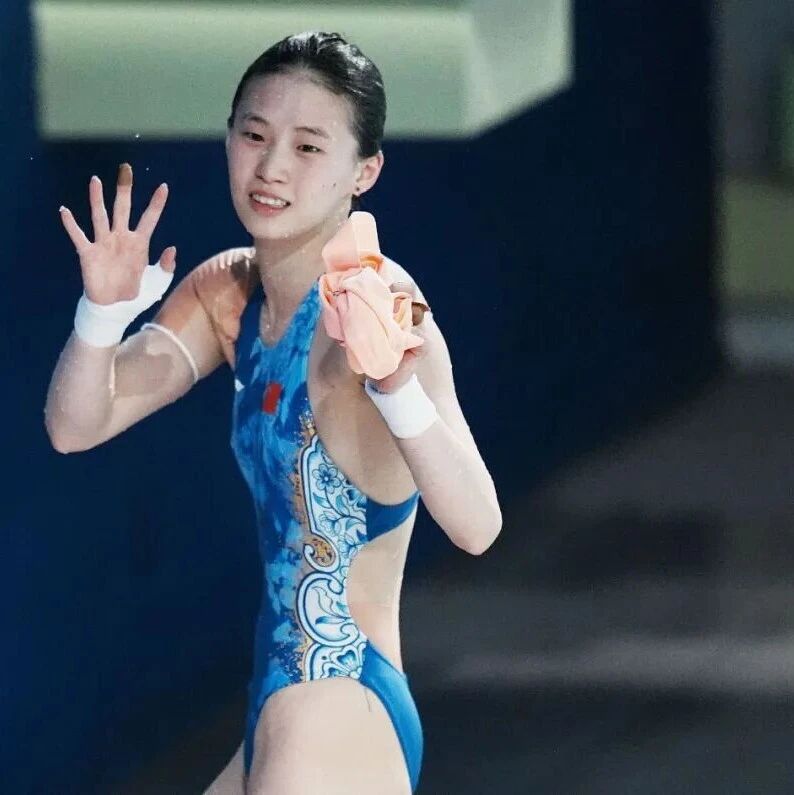
She's waited four years for this championship!

30-year-old Xu Jiayu competes in his seventh World Championships! Coach: "He’s been rigorously training his explosive power, aiming for a new 50-meter backstroke record."

